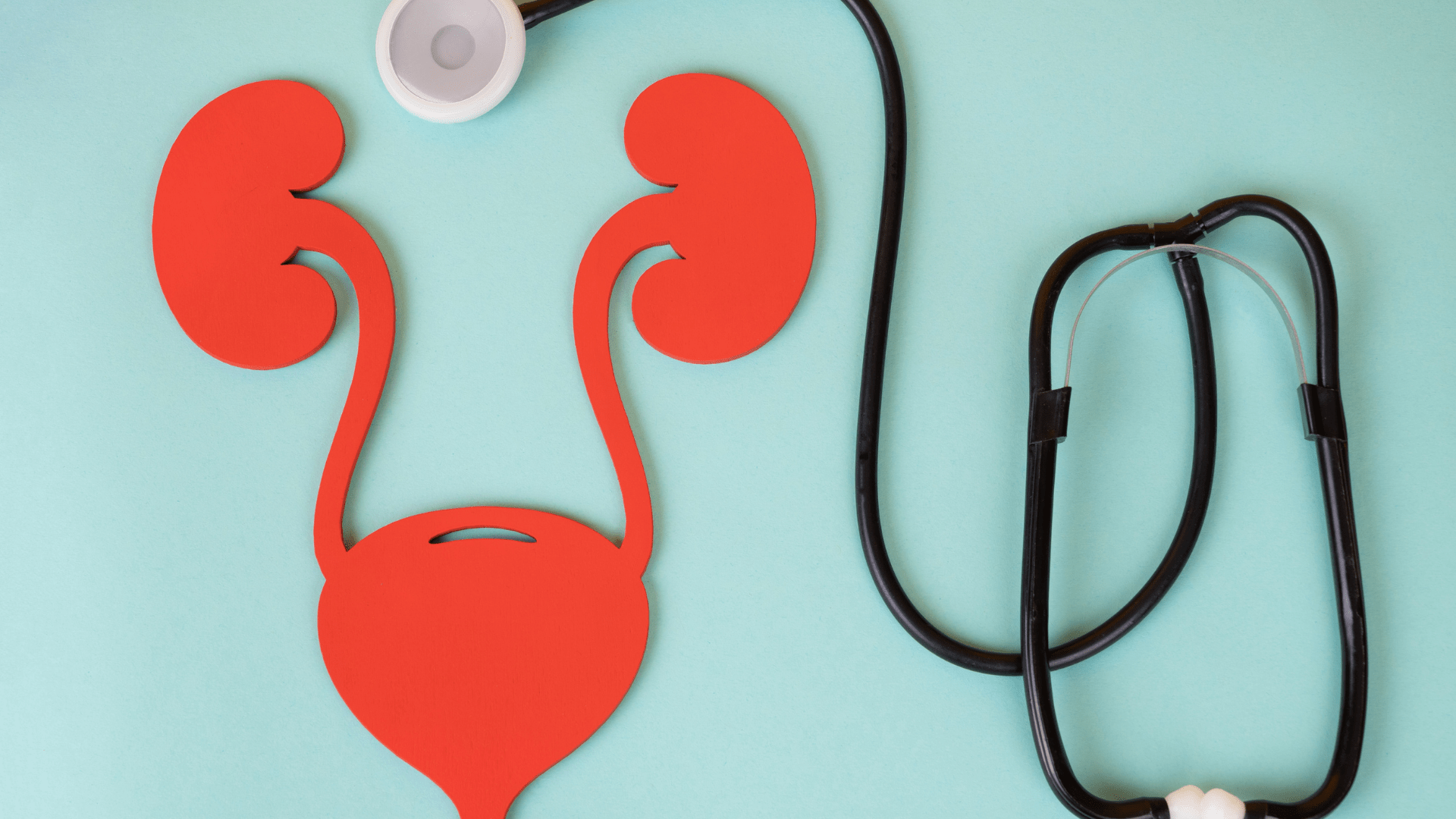Embarking on the journey of In Vitro Fertilization (IVF) is a courageous decision filled with hopes and dreams of starting or expanding a family. However, IVF can come with its share of challenges, and unfortunately, not every cycle results in success. Coping with a failed IVF attempt can be emotionally devastating, but it’s important to remember that there is hope beyond the disappointment. This article aims to offer practical and emotional strategies to help individuals and couples stay positive and navigate the healing process after failed IVF.

-
Do not blame yourself:
The moment fertility treatment fails, self-blame begins. We reflect on everything we did or didn’t do over the previous few months (or years), and we come to the conclusion that those are the causes of our infertility at the moment. Self-blame is not the way to go, neither can it solve any problems. Eventually, you end up punishing yourself for nothing.
-
It is Okay To Grieve (Allow Yourself to Grieve):
Experiencing a failed IVF cycle can trigger a range of emotions, including sadness, anger, and grief. It’s essential to give yourself permission to feel these emotions and acknowledge the disappointment. Allow yourself to grieve the loss of the imagined outcome and the dreams you had built around it. By giving yourself the space to process these emotions, you can start to heal and move forward with renewed strength.
-
Seek Emotional Support:
Navigating the emotional aftermath of a failed IVF cycle can be overwhelming, and it’s crucial to seek support. Lean on your partner, friends, and family members who can provide a compassionate ear and a shoulder to lean on. Consider participating in support groups or going to therapy to connect with people who have similar experiences. Sharing your feelings and fears with people who understand can provide validation, comfort, and a sense of community.

Women Supporting Women – Fertitude -
Seek for More Knowledge:
Knowledge is power, and educating yourself about the IVF process, potential reasons for failure, and alternative options can help you regain a sense of control. Consult with your fertility specialist to gain a deeper understanding of what went wrong and explore possible solutions or adjustments for future attempts. Being informed about the available alternatives, such as donor eggs, surrogacy, or adoption, can offer new pathways to parenthood and instill hope for the future.
-
Set Realistic Expectations:
While it’s natural to hope for success with each IVF attempt, it’s important to acknowledge that it may take time and multiple cycles to achieve a positive outcome. Setting realistic expectations can help alleviate some of the pressure and disappointment associated with failed attempts. Remember that every individual’s fertility journey is unique, and you are on your own path. Be patient with yourself and trust that the future holds possibilities.
-
Practice Self-care:
During this challenging time, it’s crucial to prioritize self-care. Get involved in activities that make you joyful and help you relax. This can include anything from indulging in hobbies, practicing mindfulness or meditation, getting regular exercise, or pampering yourself with a spa day. Nurturing your physical, mental, and emotional well-being will contribute to a more positive mindset and help you cope with the ups and downs of the IVF journey.
-
Explore Other Possible Paths to Parenthood:
A failed IVF doesn’t necessarily mean the end of your dreams of becoming a parent. It may be worth considering alternative paths to parenthood, such as adoption or surrogacy. These options provide an opportunity to experience the joys of raising a child, even if the biological journey didn’t go as planned. Take the time to research and understand these alternatives, and consult with professionals who can guide you through the process.
-
Get connected with Supportive Communities:
Remember that there are people out there on this same journey. Connecting with others who have experienced similar challenges can provide immense support. Joining support groups, either online or in-person, can help you share your feelings, gain insight, and receive encouragement from individuals who truly understand what you’re going through. Listening to others’ stories of resilience and hope can help reframe your perspective and instill positivity.
-
Rediscover Personal Interests and Goals:
A failed IVF may leave you feeling consumed by the desire to conceive, but it’s important to remember that there is more to life than parenthood. Take this opportunity to rediscover personal interests, hobbies, and goals that may have taken a backseat during your fertility journey. Engaging in activities that bring you fulfillment and a sense of purpose can help shift your focus and keep your spirits high. (Insert image of a female in a happy mood).
-
Seek Professional Guidance:
If the weight of the failed IVF continues to impact your mental well-being, seeking professional help is a wise decision. A therapist or counselor who specializes in fertility issues can provide valuable support, guidance, and coping strategies tailored to your specific needs. They can help you process your emotions, build resilience, and cultivate a positive outlook.
Conclusion
Coping with a failed IVF can be an emotionally challenging experience. However, by adopting a holistic approach to your well-being and embracing the possibilities that lie ahead, you can navigate this difficult phase with strength and resilience. Give yourself time to heal, seek support from loved ones and professional resources
References
- Kross, E., Ayduk, O., & Mischel, W. (2005). When asking “why” does not hurt: Distinguishing rumination from reflective processing of negative emotions. Psychological Science, 16(9), 709-715.
- Hughes, C. (2009). Emotional support for women experiencing infertility: Research review. Journal of Advanced Nursing, 65(10), 1944-1955.
- Wischmann, T., & Thorn, P. (2013). (Psychological) counseling for infertility patients: A guideline. Journal of Assisted Reproduction and Genetics, 30(6), 723-725.
- Mains, J. A., & Scogin, F. R. (2003). The effectiveness of self-administered treatments: A practice
FAQs
- Q: How can I stay positive after a failed IVF?
A: Staying positive after a failed IVF can be challenging, but it’s important to remember that it’s normal to feel a range of emotions. Give yourself time to grieve and process these emotions. Seek support from loved ones or join a support group. Focus on self-care, engage in activities that bring you joy, and take care of your physical and mental well-being. - Q: What if I feel guilty or blame myself for the failed IVF?
A: It’s common to experience feelings of guilt or self-blame after a failed IVF, but it’s important to recognize that infertility is a complex issue influenced by many factors. Remember that fertility treatment outcomes are not solely within your control. Be kind to yourself, practice self-compassion, and seek professional help if needed to address these feelings. - Q: How do I deal with the disappointment and sadness of a failed IVF cycle?
A: Dealing with disappointment and sadness is a natural response to a failed IVF cycle. Allow yourself to grieve and process these emotions. Lean on your support system, whether it’s your partner, friends, or a therapist. Engage in activities that bring you comfort and joy, and consider exploring alternative paths to parenthood. - Q: Should I keep trying after a failed IVF cycle?
A: The decision to continue with further IVF attempts is deeply personal. Take time to reflect on your goals, emotions, and financial considerations. Consult with your healthcare provider to understand the factors contributing to the failed cycle and discuss any adjustments that could increase your chances of success. Consider exploring alternative fertility options if appropriate. - Q: How can I stay hopeful during future IVF cycles?
A: Staying hopeful during future IVF cycles can be challenging, but it’s important to remember that each cycle is a unique opportunity. Educate yourself about the IVF process, success rates, and potential improvements for future attempts. Focus on self-care, maintain a positive support network, and celebrate your strength and resilience. Keep an open mind and explore different paths to parenthood if needed. - Q: How can I manage the anxiety and fear of another potential failure?
A: Anxiety and fear are common emotions when considering another IVF cycle. Practice stress-management techniques such as deep breathing, meditation, or mindfulness exercises. Communicate openly with your healthcare team about your concerns and seek reassurance and guidance. Consider seeking professional counseling or therapy to address anxiety and develop coping strategies. - Q: How do I deal with insensitive comments or questions from others?
A: Unfortunately, insensitive comments or questions from others are not uncommon during fertility struggles. Remember that most people are unaware of the impact of their words. It’s okay to set boundaries and politely educate others about your situation if you feel comfortable doing so. Surround yourself with supportive individuals who understand and empathize with your journey. - Q: Is it normal to feel a sense of loss or grief after a failed IVF?
A: Yes, it is entirely normal to feel a sense of loss or grief after a failed IVF. The process of trying to conceive and the hopes associated with it can create a strong emotional bond. Give yourself permission to mourn the loss of expectations and dreams. Consider seeking support from infertility support groups or professional counseling to navigate these complex emotions.





